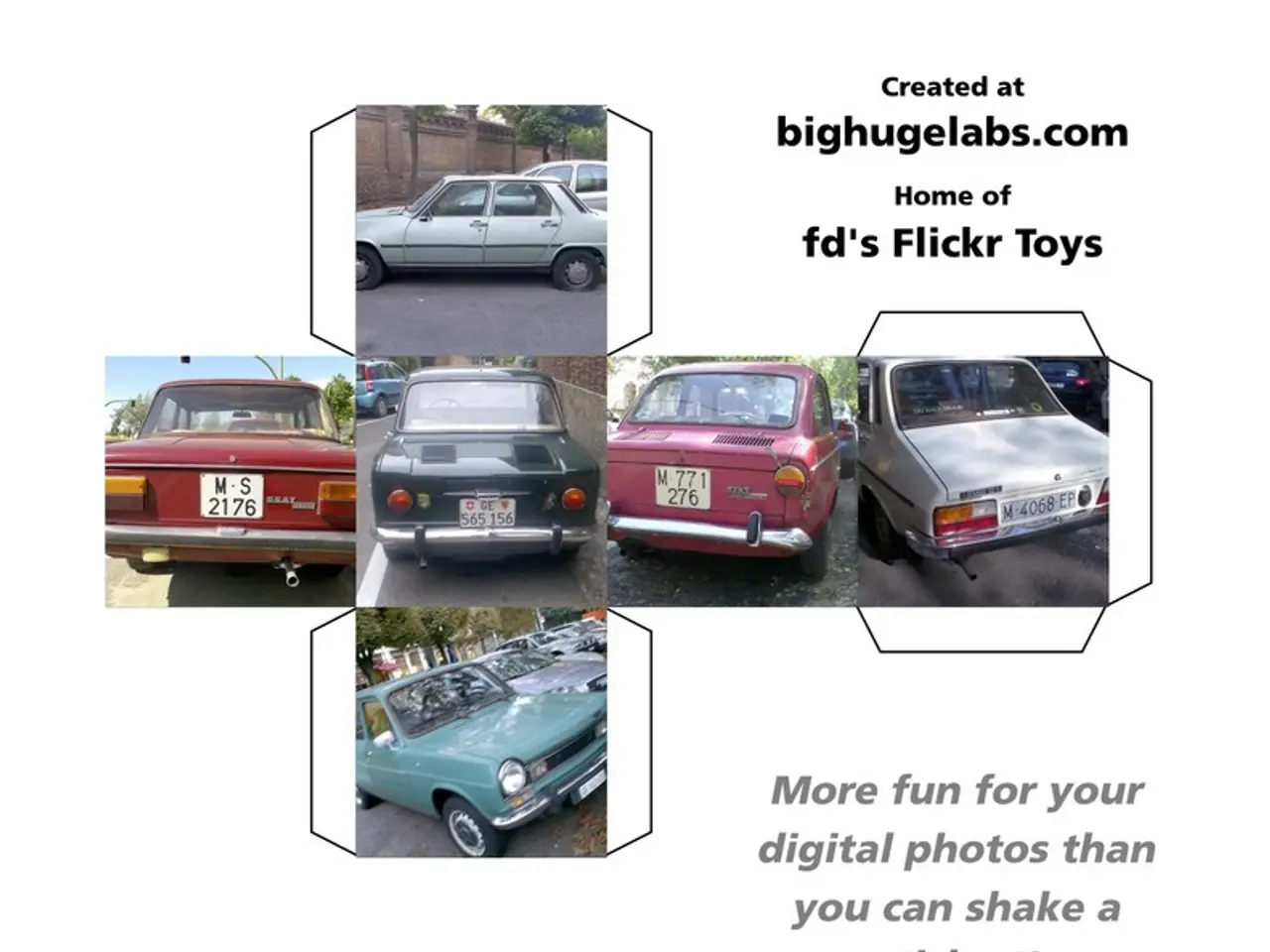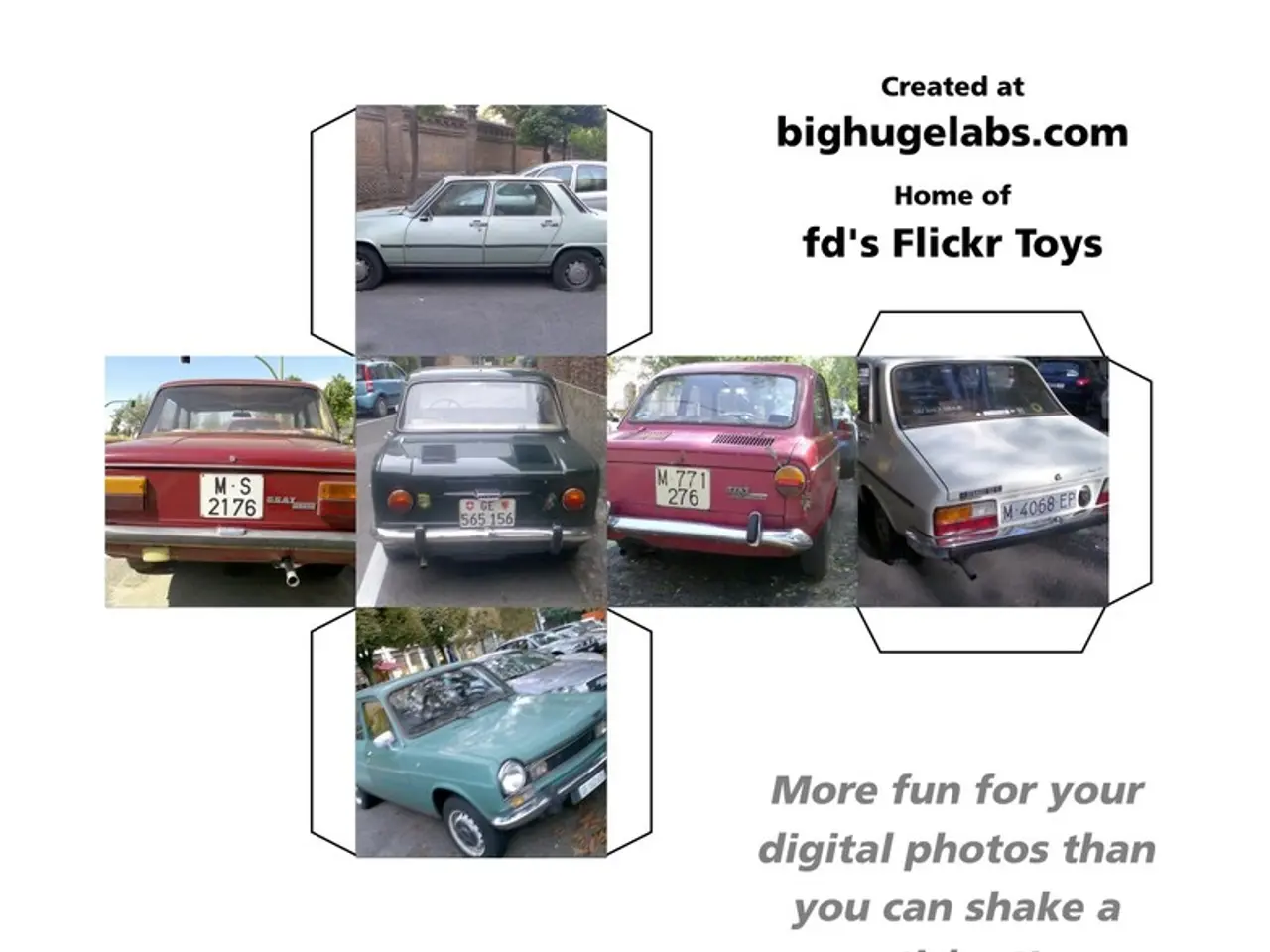Latest Developments in Electric Vehicle Industry for June 2025: Updates and Announcements
In a significant shift towards sustainable mobility, the global electric vehicle (EV) market is experiencing a surge in 2025, with forecasts predicting between 20 and 22 million units sold worldwide. This represents a 25% or more year-over-year increase, with electric vehicles making up at least a quarter of all cars sold globally.
China remains the dominant market, accounting for nearly two-thirds of global EV sales, followed by Europe and the United States. The U.S. outlook has been tempered by recent policy shifts, while Europe's plugin electric car sales reached 305,000 in May 2025, up 34% year-on-year.
Tesla, currently ranked the number 3 globally with 7.4% global market share YTD, has launched a limited robotaxi service in Austin, marking a landmark day for autonomous ambitions. Meanwhile, Tesla is still the number 1 electric car seller in the U.S., accounting for 43% of sales in Q1, 2025.
BYD, ranked number 1 in China with 28.9% market share YTD, has partnered with China's top 2 EV charger operators to build 1-MW ultra-fast chargers. The company also expects to sell around 5.5 million vehicles this year, a nearly 30% increase from 2024.
Other significant developments include the launch of Li Auto's first electric SUV, Li i8, in late July, and BYD's Sealion 06 SUV offering hybrid and pure electric variants. Geely Automobile Holdings Ltd., currently ranked number 2 globally, is set to introduce the Geely EX5 electric SUV in the Greek market.
The plugin electric car market share in China for May was 53%, and 49% YTD, with nearly 382,476 new energy vehicles sold globally in May, marking BYD's best sales month of 2025.
Meanwhile, Tesla has unveiled upgraded Model S and X in the U.S. with a $5,000 price hike, while NIO, a leading Chinese EV manufacturer, reported a Q1 net loss of RMB6,750.0M ($930.2M), an increase of 30.2% from Q1 2024.
Innovations in battery technology continue to drive the EV market. Changan's solid-state battery is expected to unlock up to 1,500 kilometers of range, while the new batteries used by some manufacturers have a greater energy density, over 20%, than the current generation of batteries, and the cost to manufacture these new batteries is up to 50% less than the old batteries.
The growth in the EV market is not limited to traditional automakers. Companies like Xiaomi and Huawei are investing in EV production, with Xiaomi launching a mobility unit in Shanghai and Huawei taking on Germany's big three automobile in China's luxury EV showdown.
As the EV market continues to expand, challenges remain, such as ensuring reasonable inventory levels for dealers and managing the fierce price war in China. Regulatory bodies, such as the US safety agency, are also scrutinising Tesla's robotaxi service following incidents.
Despite these challenges, the future of the EV market looks bright, with forecasts predicting plugin electric car sales to reach 46m in 2030, representing 46% market share. As more countries adopt policies encouraging EV adoption, we can expect to see this trend continue.
- The government's policies encouraging electric vehicle (EV) adoption are leading to significant increases in investments in the EV industry, with prosperous business ventures in technology and finance.
- In the global EV market, China, the United States, and Europe hold primary positions, yet China is the dominant market, accounting for nearly two-thirds of global EV sales.
- Technology advancements in battery technology are driving the EV market, with innovations such as solid-state batteries offering increased range and new batteries with higher energy density and lower manufacturing costs.
- The automotive industry is experiencing change, with traditional automakers and tech companies like Xiaomi and Huawei investing in EV production, marking a shift in the competitive landscape of the sector.
- Challenges persist in the rapidly growing EV market, such as managing inventory levels for dealers, navigating a fierce price war, and ensuring safe autonomous vehicle technologies, as demonstrated in regulatory bodies' scrutiny of Tesla's robotaxi service.




